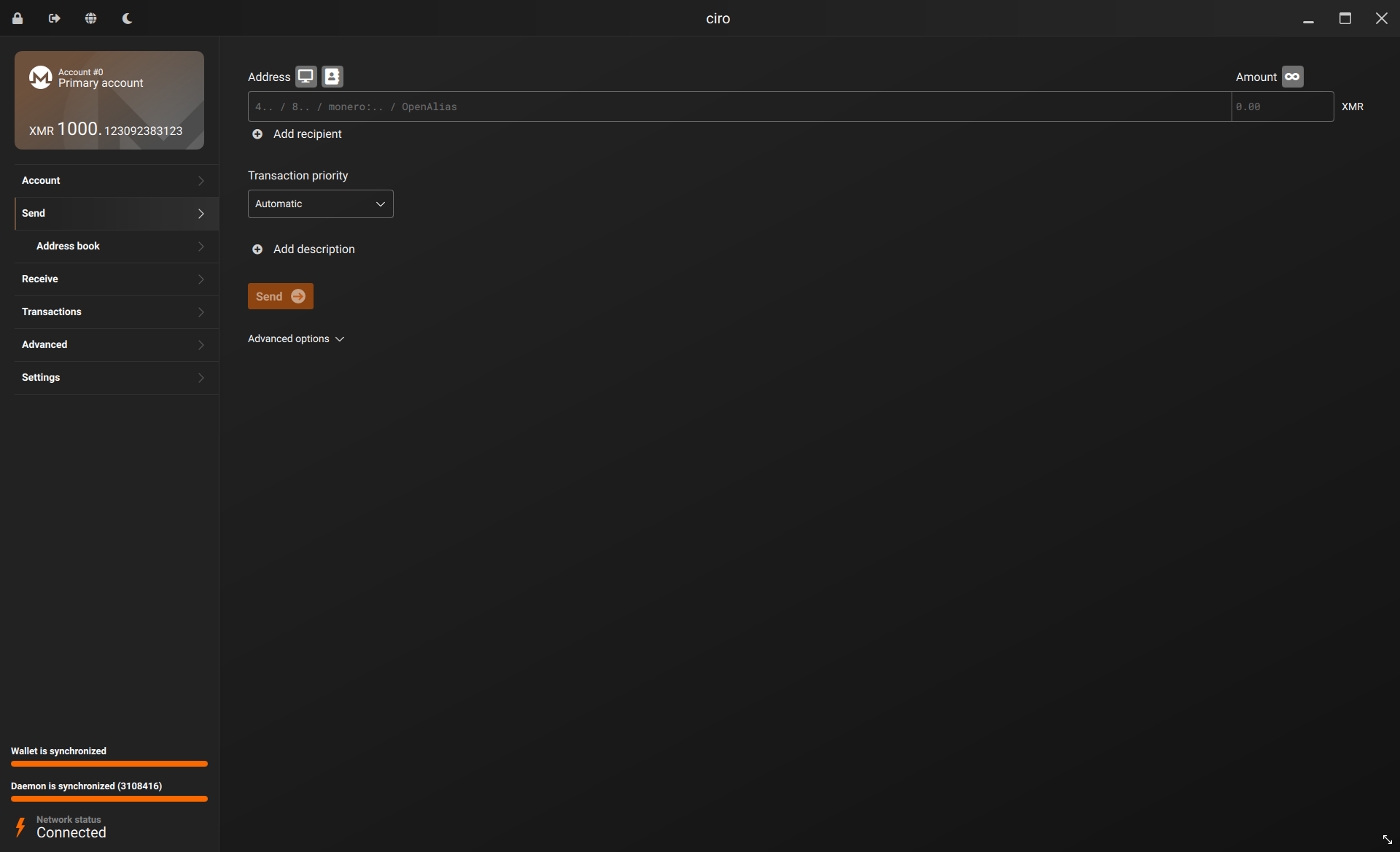Free gifted education Updated 2025-07-16
This term was invented by Ciro Santilli, and similar ideas certainly already exists with different names by other people. As the name suggests, it basically involves combining free education and gifted education, but with other more specific aspects crammed in that would make a precise name too long to read, as descried below.
Government must create selective, K-12 and university-level teaching institutions that are completely free.
As mentioned at pick few good bets and invest enough on bets, these do not need to be given to all students: what we have to do is to ensure that the top N-percent of the best students will get in, and that none of them will pay. Where N is as large as the budget society decides to put into this project, the larger the better. Therefore, perhaps "gifted education" is not the ideal name for this idea, as it generally implies very small N (1%?), while this project hopes for larger N, maybe 10%. But a minimal level of quality must be attained, it is pointless to dissolve the resources too much, if we only have enough for 1%, then so be it, start with 1%.
These institutions must start from the very first school year, and go all the way up through K-12 to the end of university. It is useless to start at university-level only otherwise only the rich students will have a chance of getting in, like Ciro Santilli saw in Brazil at the Polytechnic School of the University of São Paulo in the late 2000's: one day all students were gathered in the amphitheater, and they asked the students who had only gone through free government K-12 schools to raise their hands. Those were notably worse than the corresponding private schools, and the situation is inverted in university, where the best schools are the government ones. Out of about 500 people, at most 10 raised their hands!
These institutions should not have affirmative action entry quotas, including most importantly at the university level. Both rich and poor should be able to apply. Passing the selection criteria is all that matters. We just must ensure that the schools are widely advertised amongst disadvantaged communities, so that they will at least get their children to try to apply from an early age. This way, even if the rich always have an advantage due to better overall conditions, the poor are so much more numerous that the majority of students accepted will still be poor.
The school should follow the basic principles of how to teach, notably:
- students must have a flexible choice of what to learn. There will be no classes, all learning will happen either OurBigBook.com or on 1-to-1 meeting with tutors, or in discussions with fellow students.The term "gifted education" might suggest elitism, but Ciro Santilli strongly believes that different people have different skills, and that if everyone could focus on whatever it is that they want to do in life, be it engineering or the arts, rather than just pass a bunch of useless exam, then having the 10% "best" of each interest group would already cover a huge percentage of the population.
- Through it, students will be helped to directly achieve their greater life goals.There will be no teachers: each student will be assigned senior advisors, and together they will come with an individualized research proposal or business plan.There will be no useless mandatory institutional exams. Exams only need to be taken if a given advisor requires it to filter candidate students. But if you manage to impress them through other means, they can just accept you without the exam.A fundamental part of this is to fill the the missing link between basic and advanced. We want to help students to reach the state of the art of their field of interest as fast as possile.
- group students by interest, not by age
These schools must pay mentors as much as the average good non-free schools so you actually get comparably good teachers. Mentor selection would also be highly competitive, just as that of the students.
Once admitted, students will have guaranteed access to the school resources for a few years. This way, they won't need to worry about passing useless exams every three months.
All that matters is that they are progressing in their development plan. Rather than exams, students will do regular progress report sessions with their advisors, and will get periodic reviews from other advisors with similar interests.
Such projects could be funded by much needed wealth tax or other measures to tax the rich, which the people should claim through Referendum, that would be come more common with the adoption of electronic voting. Because the politicians are simply not being able to do it.
Sponsor Ciro Santilli's work on OurBigBook.com 1000 Monero donation Updated 2025-07-16
On 2024-03-18, Ciro Santilli received an anonymous 1000 Monero donation (worth ~126k USD at the time) to his self-custody wallet, which pushed him over his public plea for 100k USD goal to quit his job for one year.
The transaction ID was
5c6af4df39021f3a4a053ef169c9b397e6d6bf6c7e557d3f08e4e1675d7d3eed to self hist custody wallet with address 47kzoCeRMTohJhADejtsGmGimvQKzNsuST7u2aVhAD1VX5WDbh3v1FPUoJoTK3NTJVUgAM3dWCqC4Tmp9KSQaJi6GGYWgYn. This is a roof generated by his Monero wallet: InProofV2AVFBmFhofH4GoG5NsaDutkdNWRTaEhuFgHpHTkpprRmuZ54B8FdUwFp71gqfp2jJpDUrhB3GCzZ2p8CNbh2TW1Z88ShmYWEwtkZFLccEMw9PhH3vWcMVo9mKaRsH3WgJXqq9.Since this donation is so huge, it deserves some comments and a bit of a retrospective. The path to this donation has been an interactive one, and it is described below.
After starting the OurBigBook Project, Ciro started the sponsor Ciro Santilli's work on OurBigBook.com page on cirosantilli.com and setup some donation methods to help support the project, and possibly try to capitalize a bit on Ciro Santilli's Stack Overflow contributions.
His sponsors are absolutely crazy amazing people, but Ciro simply could attract a large enough amount of small sponsors to reach life changing amounts under those circumstances. This is partly due to Video "And I am not and never have been 'familiar' scene from The Big Short (2015)".
As such, Ciro came to realize more and more that the best approach would be to reach out to a smaller number of rich people, given that the things he works on niche, but may appeal to a particularly wealthy tranche of the population: STEM people. Other experiences and ideas that contribute to this realization are:
- the creation of the OurBigBook Fellowship, which as of writing consisted of a single donation. During this exercise, Ciro Santilli gave about 2k USD to help a promising Brazilian student. In doing so, he understood a lot about what goes on inside a "rich person's" head when considering a donation
- it is hard to decide who to donate to and find those people. In part because as soon as you create a public donation system with an application process, people will game the fuck out of it. Perhaps the Lost Horse LLC approach of "they find you" is the best?
- it is basically impossible to donate more than 1% of your net worth if you have a family. Even 1% you may be discouraged about. Perhaps with reason due to previous bad donations they have made.
- the increasing wealth inequality of this world, perhaps one of the greatest problems we now face
Then, whenever a larger donation would come through and surprise Ciro, he would improve his sponsor page statements. First a private 150 USD by an awesome sponsor. Then the 2023-09 ~810$ Bitcoin one. Finally came the 2023-11-20 100 Monero one. And it was that one that pushed Ciro to start his "100k USD = 1 year campaign".
Finally on 2024-03-13, Ciro received an anonymous 10 Monero donation to self-custody wallet. He had clearly stated that one should make a test donation to that wallet before the big one, so 10 Monero felt like it could be the test one. Ciro communicated the reception at: mastodon.social/@cirosantilli/112112988286298258 and twitter.com/cirosantilli/status/1769464788009066710:
I cashed out 10 XMR on @AgoraDesk for ~1,375 USD, and kept some change in the wallet for fun. This donation confirms that my self-hosted wallet and cash-out work just fine, so feel free to drop those millions whenever you want Mr. Anon :-)
Over the next few days, Ciro checked his wallet more often than his previously self imposed once a weekend max, and as expected, he found the big one on a slightly despaired around midnight sleepless night (partly due to parenthood). He was feeling particularly bored and a bit sad with his work life that night. And there it was. 1000 Monero on the wallet. Needless to say, not much sleep was done on that evening!!!
1000 Monero donation (~126,000 USD) reaction video by Ciro Santilli
. Source. Still of the reaction video after finding out about the big donation around about midnight
. Source. The following days were also tense, with Ciro having a trial by fire on selling large amounts of Monero on the UK, which is not trivial as it had been banned from all major exchanges. But he managed. Further notes on that at: www.reddit.com/r/Monero/comments/17arz9f/converting_xmr_to_gbp_in_the_uk/. Ciro also decided to keep about 200 Monero around just for fun as a crazy moonshot.
Another major factor likely Ciro having published his article: Section "Cool data embedded in the Bitcoin blockchain" in 2019. This is something he wrote entirely for fun during an intense 3 week side-time binge in 2019, though some large updates were made later on. It was this article that likely some crypto-dude attention to Ciro Santilli's profile. As of 2024, there is said to be about 20 crypto billionaires, so perhaps there are about 2000 crypto 10 millionaires[ref], which is the minimum net worth for a donation of 100k USD to be feasible (1% mark). And perhaps a reasonable number of them are just nerds who got rich, and want to improve the world. There are two lessons from this:
- follow your instincts, always. If something seems mega fun and quick, do it!
- making money from a few rich people (or entities like organizations) is easier than working for a bunch of poor people, because you have to convince less people. If you reach many poor people however, things are much more stable as you can lose a few customers and still be fine
Another factor in the donation, Ciro Santilli believes, is that many rich people thing that education is bullshit. Many successful people are neurodiverse and as such, it is only natural that a large number of rich people want to improve our educational system, which tends to be the very epitome of "boring and average normality" which Ciro Santilli so much detests. This can also be seen in people such as:
- Michael J. Saylor and his Saylor Academy
- Peter Thiel and his Thiel Fellowship
Announcements:
- pre-announcement before everything was clearly documented online:
- main announcement
Amazing reactions from the Monero Reddit community: www.reddit.com/r/Monero/comments/1brryao/ciro_santilli_received_a_1000_xmr_donation_to/These people have some serious trust issues!!! Perhaps not surprising from a privacy coin community. Ciro's Twitter post: twitter.com/cirosantilli/status/1775961945193017790
geonic_comments:Reaction video is fake. Very bad acting.
Inaeipathycomments:-TrustyDwarf-comments:rbrunner7comments:






